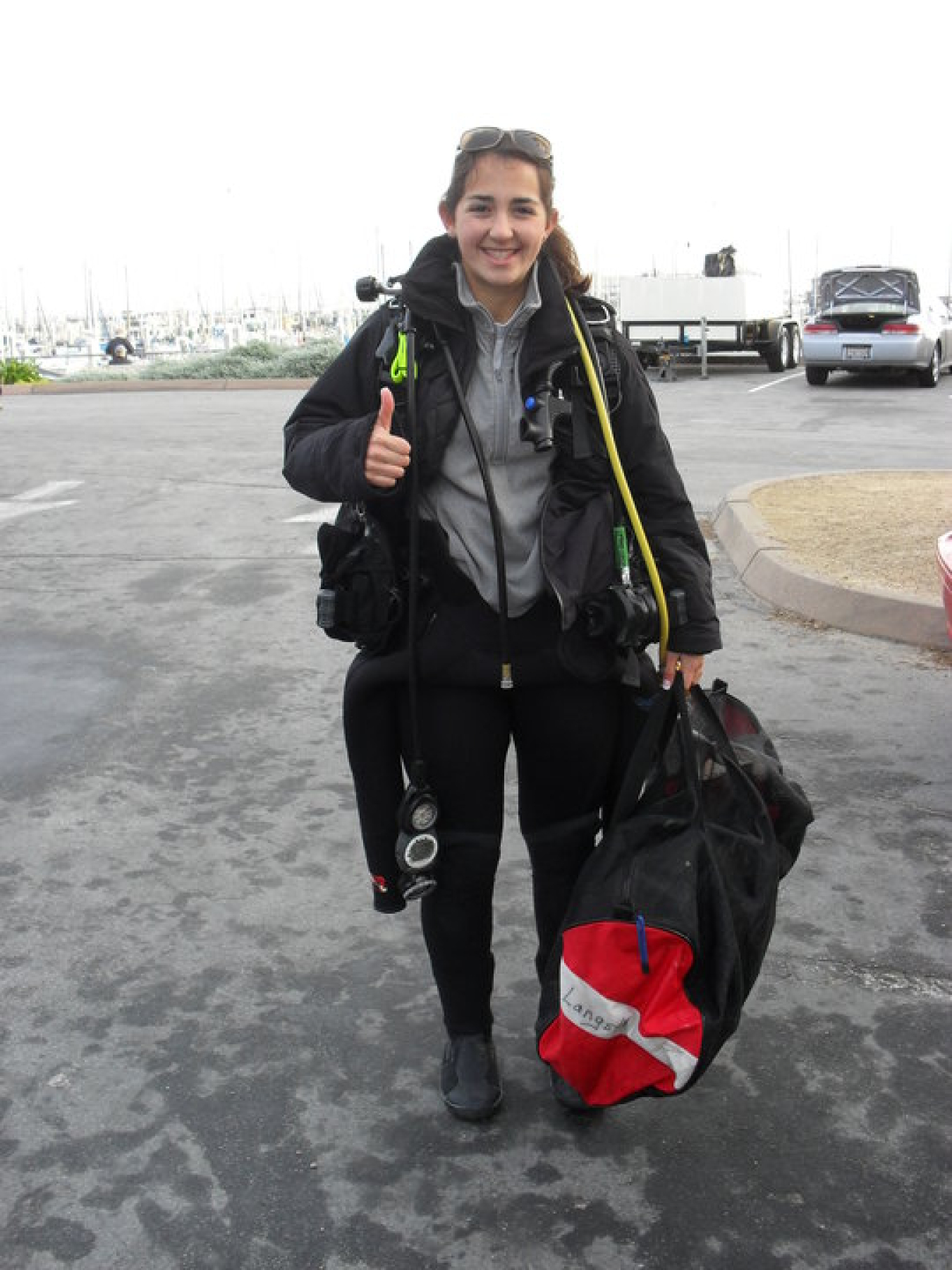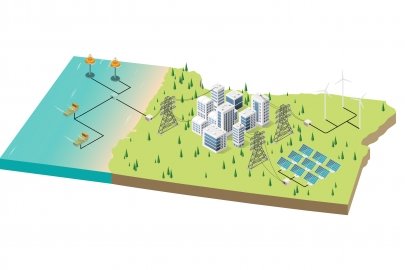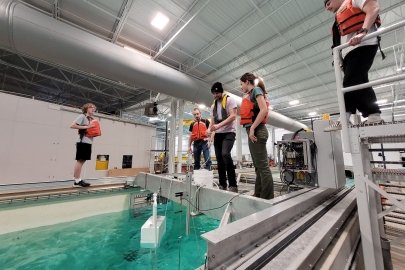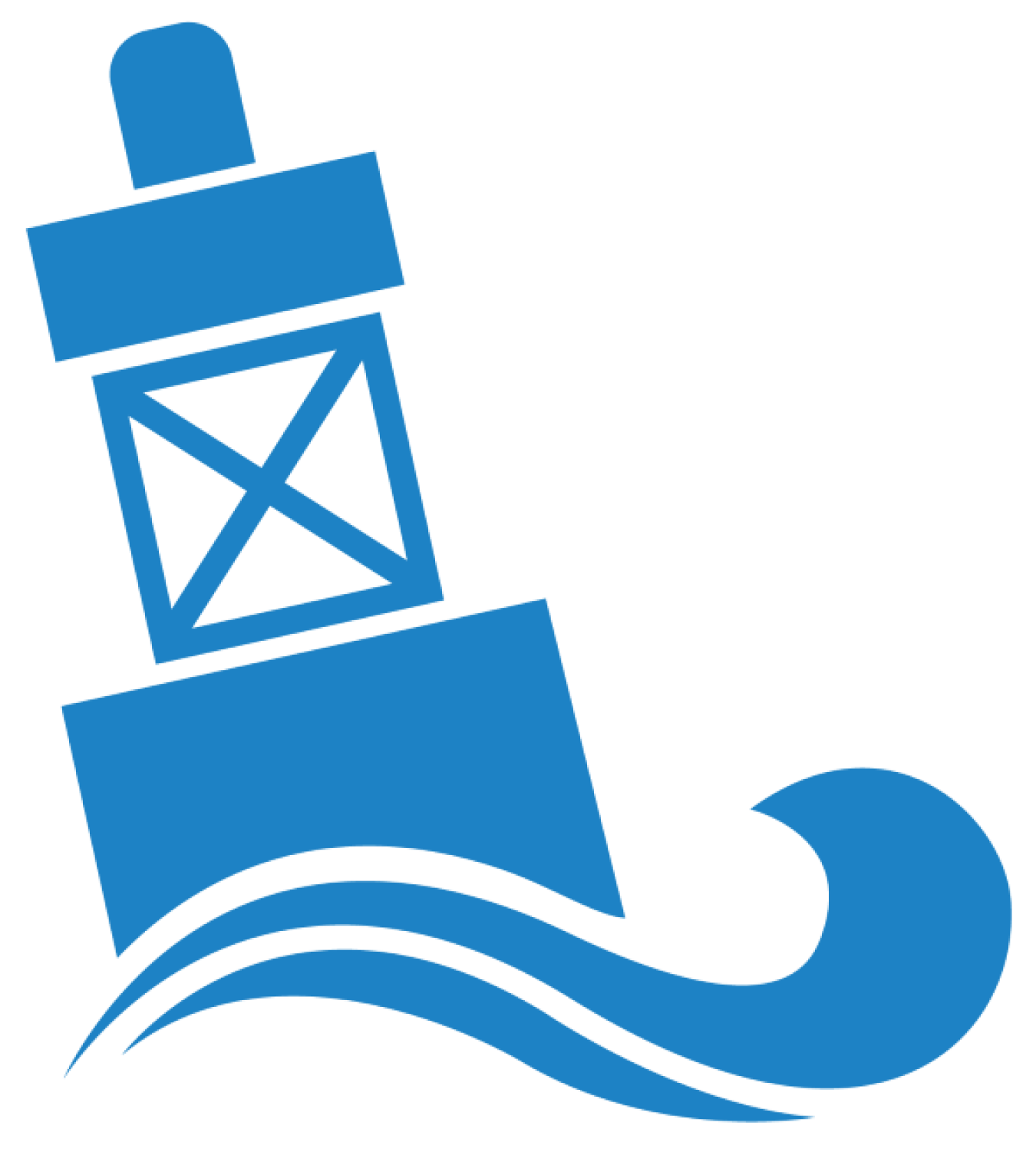WPTO selected three fellows for the 2022 Marine Energy Graduate Research Program and expanded eligibility to all graduate-level students for the 2023 program.
Water Power Technologies Office
March 1, 2023Marine Energy Program
Data Access, Analytics, and Workforce Development
Project Name: Marine Energy Graduate Student Research Program
Participants’ Academic Institutions: University of California, Santa Barbara; Rensselaer Polytechnic Institute in Troy, New York; and Lehigh University in Bethlehem, Pennsylvania

In March 2022, the U.S. Department of Energy’s Water Power Technologies Office (WPTO) announced the three latest fellows selected under the Marine Energy Graduate Student Research Program. This program funds graduate students to pursue marine energy research at a host institution, such as a federal agency, national laboratory, industry technology developer, or another approved organization.
The 2022 cohort of fellows includes:

- Claire Gonzales, who is a student at University of California, Santa Barbara, and working with the Bureau of Ocean Energy Management to advance research into the co-location of marine renewable energy with offshore aquaculture development.
- Habilou Ouro-Koura, who is a student at Rensselaer Polytechnic Institute and working with Pacific Northwest National Laboratory on a reliable and clean energy source to power the uncrewed underwater vehicles used in ocean research and other sectors.
- Christopher Ruhl, who is a student at Lehigh University and working with Sandia National Laboratories to understand how turbulence might impact tidal energy devices at potential sites around the world.
Data Access, Analytics, and Workforce Development Projects
-
 New report provides a framework to assess marine energy’s potential grid benefits from supporting local resilience to complementing other renewable energy resources.
New report provides a framework to assess marine energy’s potential grid benefits from supporting local resilience to complementing other renewable energy resources. -
 WPTO hosted the third annual Marine Energy Collegiate Competition and selected the teams to compete in the fourth annual competition.
WPTO hosted the third annual Marine Energy Collegiate Competition and selected the teams to compete in the fourth annual competition.
WPTO's Marine Energy e-newsletter shares news and updates on tools, analysis, and emerging technologies to advance marine energy.
The WPTO e-newsletter brings funding opportunities, events, publications, hydropower, and marine energy updates directly to your inbox.


